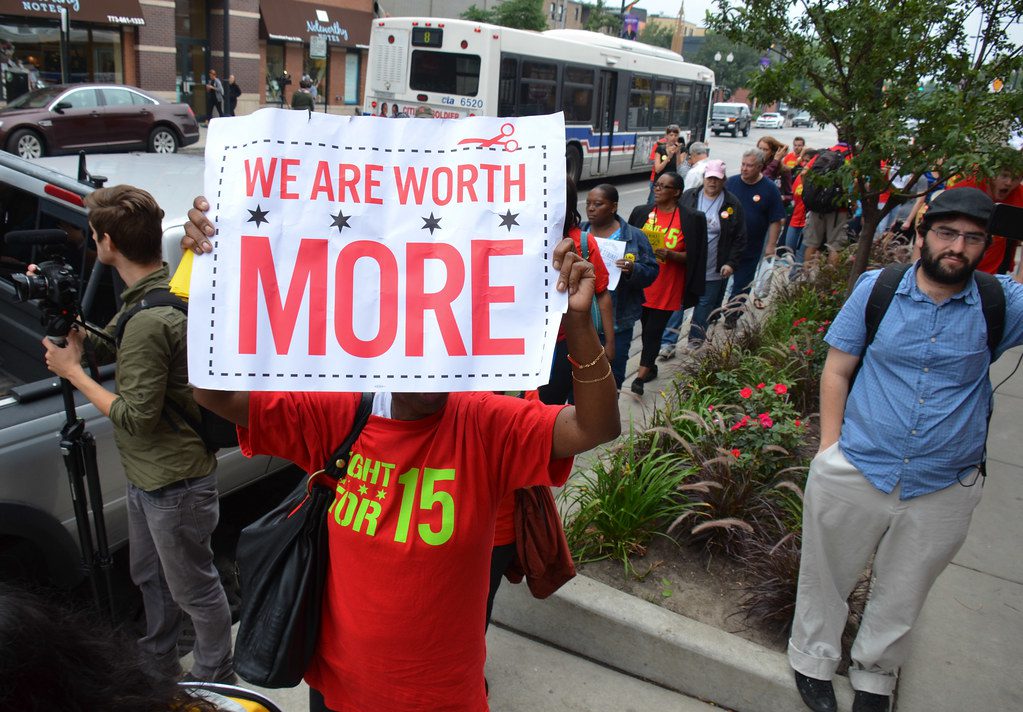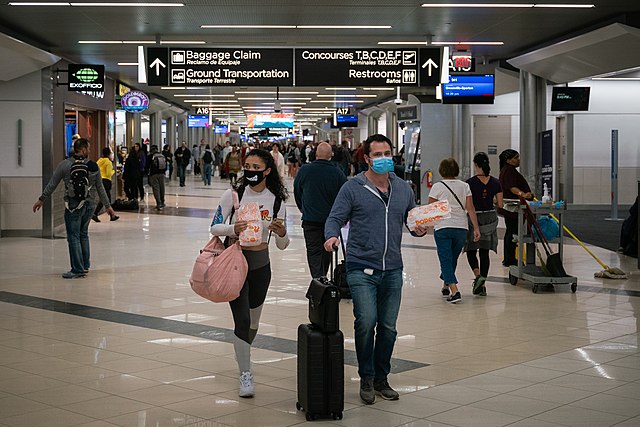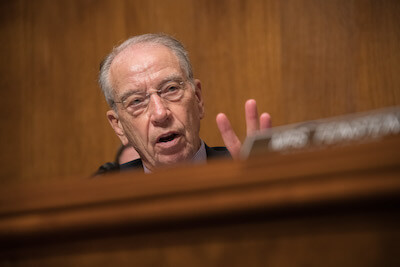The union representing grocery store workers in Southern California supermarkets said Thursday it has authorized a strike vote as contract negotiations with the owners of Ralphs and Vons/Pavilions/Albertsons have stalled.
Bertha Rodríguez, communications coordinator for United Food and Commercial Workers Union Local 770, told City News Service the vote will take place between March 21 and March 26.
The local is one of seven representing some 60,000 grocery workers in more than 500 stores from the Central Valley to the Mexico border. Talks have are stopped, Rodríguez said.
A three-year-old labor contract between the unionized grocery workers and Southern California supermarkets expired on March 7, raising fears of a possible strike.
“Bargaining committees composed of front-line grocery workers and union leaders came prepared with proposals that would fairly increase wages and improve store conditions to reflect the needs of workers in a pandemic and post-pandemic world,” the union said in a statement Thursday.
“The corporations representing the stores offered pennies, a proposal that would ultimately be a pay cut due to inflation.”
Following the union announcement, Ralphs issued a statement Thursday saying, “a strike authorization vote doesn’t mean a strike will happen, but it does create unnecessary concern for our associates and communities, at a time when we should be coming together in good faith bargaining to find solutions and compromise. At Ralphs we remain focused on settling a deal with the UFCW.”
The company statement added: “We have three very clear objectives; to put more money in our associates paychecks, keep groceries affordable for our customers and to maintain a sustainable future for our business. By working together, we win together.”
Last week, the union posted a message on Twitter saying that despite the failure to reach an agreement, the terms and conditions of the previous contract are still in effect.
“When we began negotiations with Ralphs and Albertsons/Vons/Pavilions in January, we came prepared with comprehensive proposals and a clear path toward negotiating a contract that reflects your value and the sacrifices you have made,” the union said last week in a series of tweets to its members.
“We are disheartened to inform you that Ralphs and Albertsons/Vons/Pavilions squandered the unique opportunity to propose a contract with better wages and benefits in a time of immense profit. They have failed.”
At the time, Ralphs issued a statement saying its stores will remain open and staffed even though the labor contract expired.
“It’s unfortunate that substantial progress toward reaching an agreement was not made during our 12 total days of bargaining with the union,” said Robert Branton, vice president of operations at Ralphs. “While the company made several wage proposals, the union continues to propose very costly items which impacts our ability to meet customer needs and remain competitive.
“Negotiations are a process and we’re committed to reaching an agreement no matter how long it takes,” Branton added. “We are hopeful the union will return to the bargaining table with renewed interest in reaching a balanced agreement.”
In 2003-04, Southland grocery store workers walked off the job over a contract dispute, and the strike lasted 141 days. That work stoppage was estimated by some analysts to have cost the supermarket chains as much as $2 billion, with the workers losing $300 million in wages.
During the last round of negotiations in 2019, grocery workers voted to authorize a strike but negotiations continued for two months, and a labor deal was eventually reached, averting a walkout.







